It was St. Patrick’s Day, and the seven special education students in Sarah Peterson’s music class dressed accordingly. The middle schoolers sat in a semicircle around the teacher, some with an aide and some without. Sarah, a music therapist, invited the students to start class with the “Hello” song, each taking turns welcoming their fellow students to class.
The students were rapt by Sara’s warm smile and teaching style and the ukuleles she gave to the students. She uses quilt squares to discuss music theory, building on themes each week. A small black box at the top of each ukulele allows Sarah to modify each device, making it easier or more challenging to play. Every student can play, and does, with these instruments.
She holds their attention for an entire hour. Students take turns playing and singing, working on communication skills, fine motor skills, and more. “It’s amazing what music does for all our kids,” said Jeff Reinelt of COPESD. It is a way for students to explore, create, and express themselves, which is apparent from this circle. Teachers, aides, and parents have seen children blossom with this program, tapping into skills and hidden abilities that weren’t accessible through other instructional methods. Some students who were non-communicative at the beginning of the year are communicating and participating in the art classes. They find success.
“Music is an equalizer,” says Sarah. “No language is required to be successful.”
This class at Gaylord Middle School (GMS) is part of Michigan Arts Access, a nonprofit organization whose mission is to promote creativity, education, and accessibility to the arts for people with disabilities by creating an inclusive society where they may participate in, learn through, excel in, and enjoy the arts. There are five classes of special education students with moderate to severe disabilities provided by COPESD in Gaylord—two at the Early Childhood Center and one each at Gaylord Intermediate, Gaylord Middle, and Gaylord High School.
Artists in residence teach once a week in different schools, bringing music and art instruction to students, not in mainstream classes. Without this program, these students would not have access to art and music instruction, addressing an important equity issue. All general education students receive ongoing art and music instruction in school. “This program fills a crucial gap in these students’ education,” says Sarah Peterson. “It’s so important to have the arts in our community. It improves the quality of life and gives these students more opportunities to express themselves.”
This program runs for the entire school year. Funding for the 2022-2023 year in Gaylord was made possible by Barbara and Frank Rock Family Fund, Youth Fund, Deerfield Computer Associates Fund, Amar-Fox Family Fund, and the Lampert Family Fund, all funds of the Otsego Community Foundation. Their generosity and commitment to education and the arts make this program possible.
Michigan Arts Access Executive Director Mike Gielniak was on hand during this class, making one of his routine statewide site visits. He invited OCF Director of Community Philanthropy Karin Beyer and Communications Coordinator Kristine Lassen to observe the impact of grantmaking firsthand.
“The hour flew by,” Karin Beyer said. “I was humbled and honored to be invited to witness the music that these students created. The hugs and smiles we all received filled my heart for weeks.”
Sarah ended her St. Patrick’s Day class by teaching the students an Irish lullaby. The students followed along, as engaged as they were at the beginning of the class, concentrating on getting the tune. As instruction concluded, one of the students looked up from his ukulele and said, “I did it right!”
“You did,” Sarah told him—something all students need to hear.
To learn more about Michigan Arts Access, you can visit their website: https://miartsaccess.org/
To learn more about The Community Fund, which helps sustain programs like this, click here: https://www.otsegofoundation.org/give/

